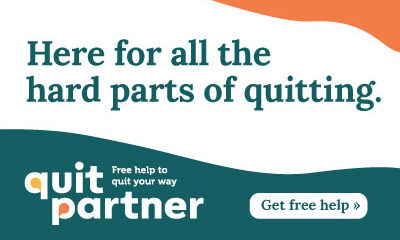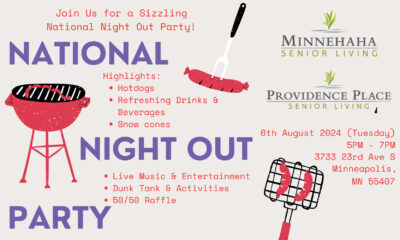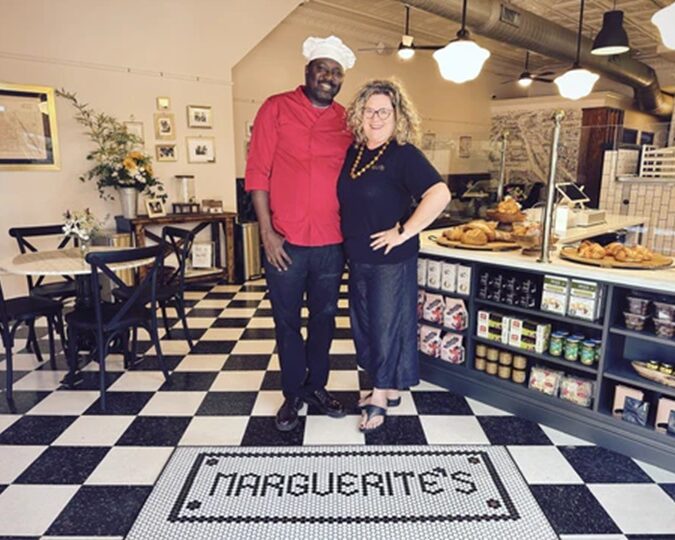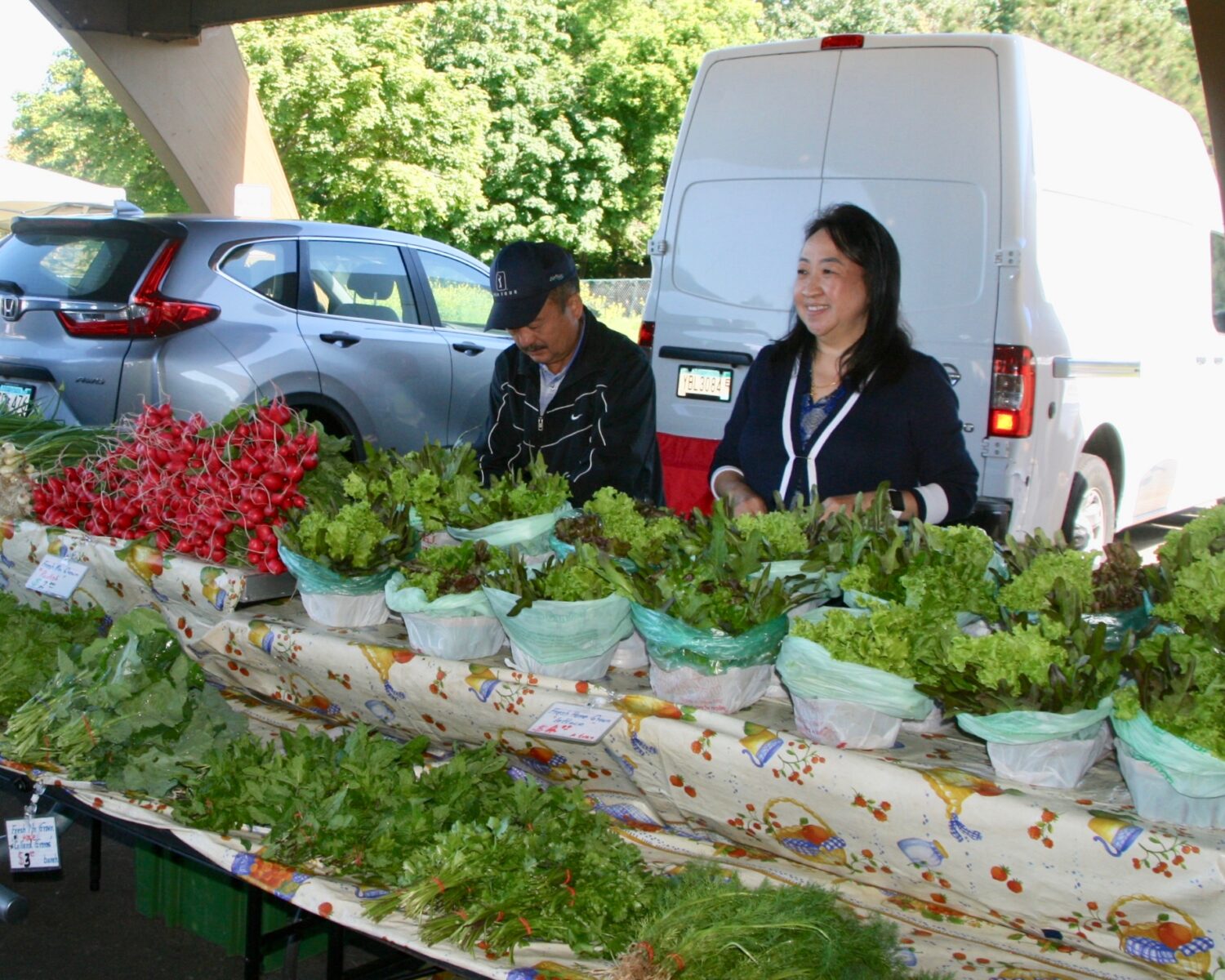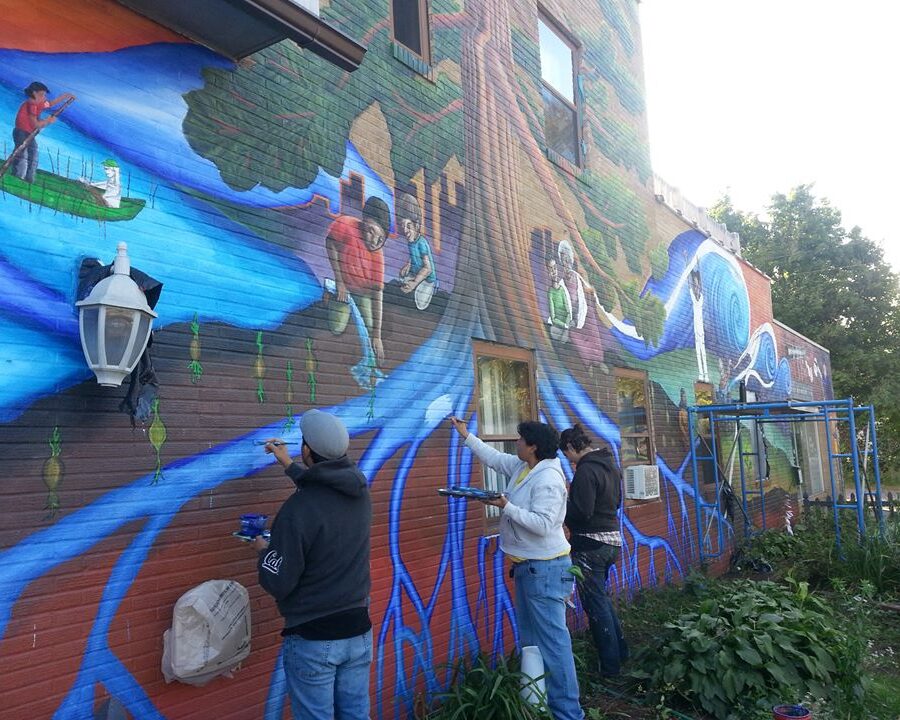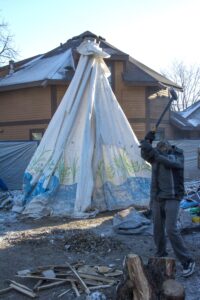
Chico chopping wood at Camp Nenookaasi
BY DANIEL COLTEN SCHMIDT
Daniel Colten Schmidt: How does it feel that the city decided not to evict Camp Nenookaasi yesterday?
Jorge “Chico” Grijalva: It’s a feeling you’re not used to, because you’re used to getting evicted. I used to move camp every day. So I didn’t deal with evictions very much. … For the most part, me and my girlfriend stayed away from the pack.
But this last time, we were on the Wall [of Forgotten Natives]. We came over here because A.I.M. had our backs covered.
Even though I would set up shop and move every day, I still had the overwhelming feeling that at any time they could pull up on me and say, “You guys have to move immediately.” So you get used to just moving around.
[At Nenookaasi] we’ve gotten a lot of people in treatment. A lot of people who probably didn’t think about getting clean have chosen to get clean themselves. Not by force, not by law, not by order, but as a choice for themselves. So it’s a beautiful thing.
DCS: Do you think that drugs are the number one reason people are at the camp?
JCG: No I don’t. Homelessness can sneak up on anybody. … Every person who’s out there in the world, it can happen to them too. A lot of people are only one bad decision away from being homeless. A lot of times they don’t even realize it. You can get injured at work and not be able to go back, [fall behind on] your payments on your house, whatever. You get pushed out on the street in no time. You might be a blue-collar, hard-working citizen who doesn’t use drugs, and doesn’t do anything wrong to anybody, but it could sneak up on you like that.
I made one wrong decision. I trusted somebody, moved into their house and opened a business with them. And they stopped paying on the house, and didn’t pay me, and fled town. And before you know it, [someone is] knocking on the door telling me and my girlfriend we had to get out because the bank was taking over the house. … And in the blink of an eye, we were on the street.
DCS: How long ago was that?
JCG: Seven years ago.
DCS: Where were you? Where was that home?
JCG: St. Paul. Yeah, I’m a St. Paul boy. I was born and raised in St. Paul.
DCS: And what brought you over here?
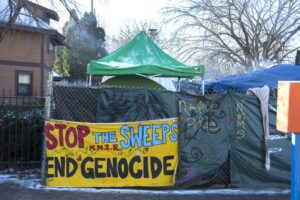
Stop the sweeps
JCG: I tell people all the time, “Learn your city, know your city.”
But my girlfriend’s Ojibwe. And the high concentration of Natives over here, I mean, everyone filters over here. It doesn’t matter what state you come from, or where you come from. Everyone comes to the Southside to be closer to the Natives and the Latin people that are around. So we’re over here because this is where the resource center is, this is where the Women’s Resource Center is, this is where NACC is. … A lot of the things that are accessible to her are right here.
DCS: Does this iteration of Nenookaasi camp feel different than other camps you’ve been at? Or is it just the mayor that changed?
JCG: No other camp that I’ve ever been at has lasted this long. Without eviction or some kind of interruption. We’re definitely paving a way and making some changes for people. Because it seemed like there were no answers, or not enough answers, or not enough beds, not enough rooms, not enough places.
What’s happening here is blowing all kinds of stuff out of the water. It’s making waves. And it’s smoothing everything out for new laws to be laid. Or at least be switched around. So they can be for the people, not so much against people. … The city of Minneapolis was not trying to help, and willingly, knowingly not helping people in encampments. And indeed, they’re shutting them down and evicting people. So for us to be here right now, against all odds, we’re nationally recognized. That’s kinda cool.
DCS: You mentioned A.I.M. earlier – do you feel that Camp Nenookaasi has connections to Alcatraz, Wounded Knee, etc.?
JCG: When I first met my girlfriend, she explained to me how A.I.M. would protect the streets, and walk the streets every night over here for their people.
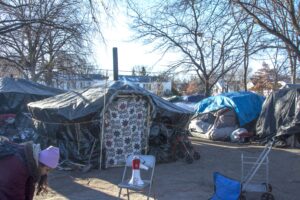
A quilt yurt at Camp Nenookaasi
It’s a good thing since [A.I.M.] happened. And knowing that they patrol the streets, and protect the streets, and look out for the people in the streets, made us feel comfortable. … Every time we come over here, we really get treated well. When I go other places in St. Paul, there’s racial tension and stuff like that, but when you come around the Natives, and you’re around the family, and the relatives, it’s different.
Mexicans are a lot like that. We’re pretty much brothers.
I’m Mexican. My last name goes back to Spain. Before Christopher Columbus was conceived. That’s where I come from. My family crest is a knight, and on the knight’s helmet are three ostrich feathers, and the knight’s carrying a shield, and the shield that the knight’s carrying has five cauldrons of gold, and flames all throughout the shield. That’s my family crest for Grijalva. So being here is crazy, man.
I’m glad to have been a part of it in so many ways. Just even to have the opportunity to be a maintenance man, or even the woodchopper here every day has been an honor. Just to help the people. I don’t even burn wood, but I chop it every day.
DCS: Do you want to say something about the wood chopping you do and why you do it?
JCG: I do it so people don’t suffer. Not everyone had an ax when I got here. … But it’s all for the people. It’s all for everyone.




